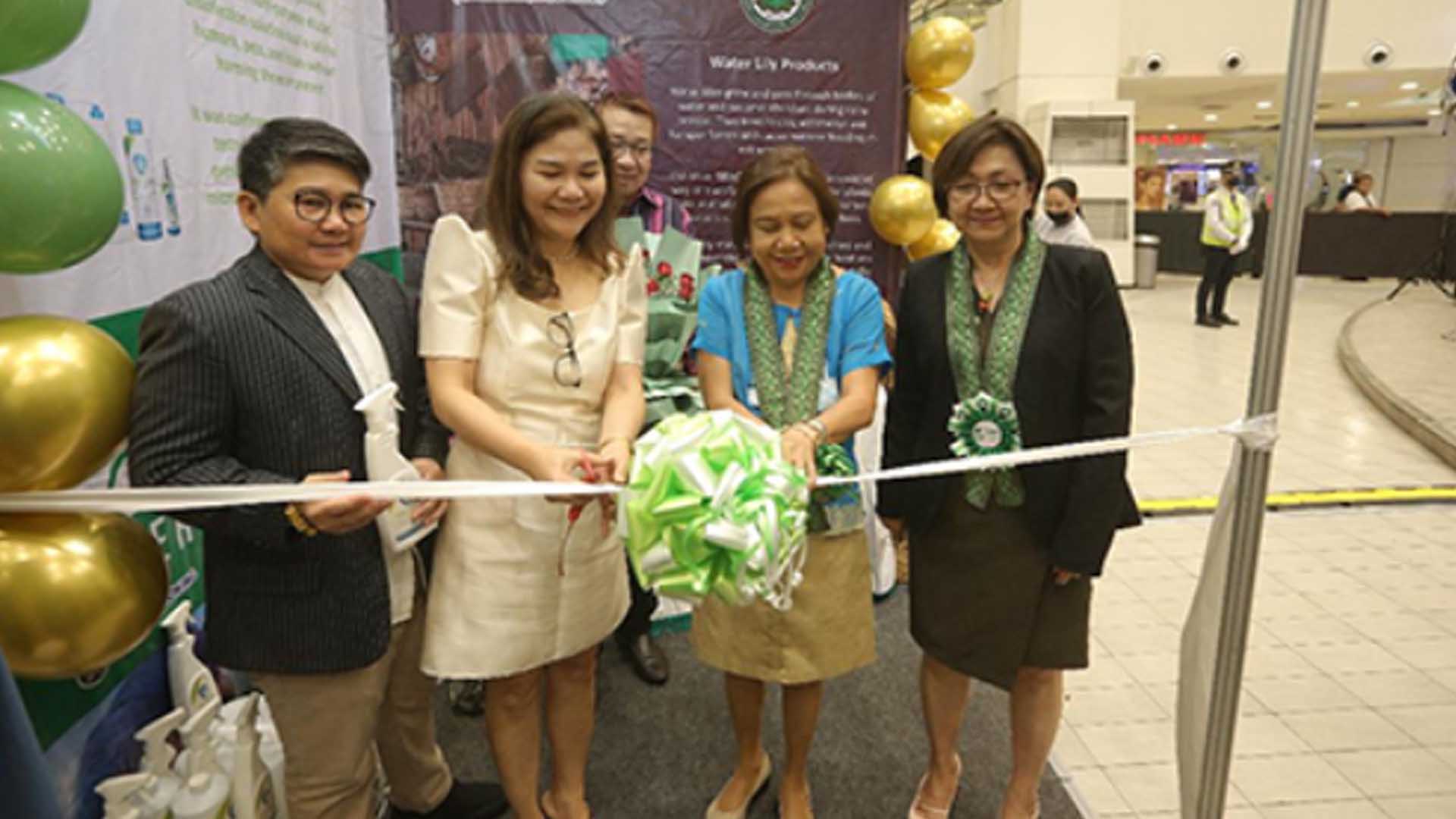Senator Cynthia Villar, chairperson of the Senate committee on environment, urged the public to revolutionize waste management through the circular economy.
“Instead of the traditional ‘take, make, dispose’ model, a circular economy keeps resources in use for as long as possible through reuse, remanufacturing, and recycling,” said Villar during the observance of the Philippine Environment Month.
“The theme, “No to Waste: Advancing Circular Economy to Beat Plastic Pollution” highlights the path we must pursue to safeguard our environment,” she said.
As a nation blessed with rich biodiversity and natural resources, Villar noted that it is crucial to champion sustainable practices.
The senator, a known environmentalist, said she is pleased the summit organized by the
DENR-Environmental Management Bureau -NCR led by Regional Director Atty. Mike Matias emphasizes the concept of a circular economy.
Long before circular economy became popular, Villar extolled she has been embarking on it for years.
“Its principles were already at the heart of my waste management practices. I have been diligently advocating and employing it for years’” she said.
Along with Villar SIPAG, Villar had established barangay-based livelihood enterprises. These are models of proper waste management and excellent examples on turning wastes into useful end-products in pursuit of a circular economy.
She said the raw materials they use in the livelihood projects are all sourced from wastes.
These are water hyacinths for the waterlily handicraft-weaving enterprise and the handmade paper factory; coconut husks waste for the coconet-weaving enterprise and the charcoal-making factory; kitchen and garden wastes for the organic fertilizer composting facility; and plastic wastes for the waste plastic recycling factory that produces school chairs.
These livelihood projects, she said, have been replicated by other organizations,
At present, they have set up over 3,000 livelihood projects nationwide which equates to a substantial volume of wastes processed.
“These projects go beyond recycling; they’re transforming how we view waste and showcasing the circular economy’s potential for sustainability by maximizing material value and minimizing waste,” related Villar.
To further contribute to combating plastic pollution, she said the Villar SIPAG operates nationwide three factories for recycling plastic waste and transforming it into school chairs.
“This initiative is our way of raising awareness about the importance of not discarding plastic carelessly, as it can be recycled into something valuable and beneficial,” she added.


















